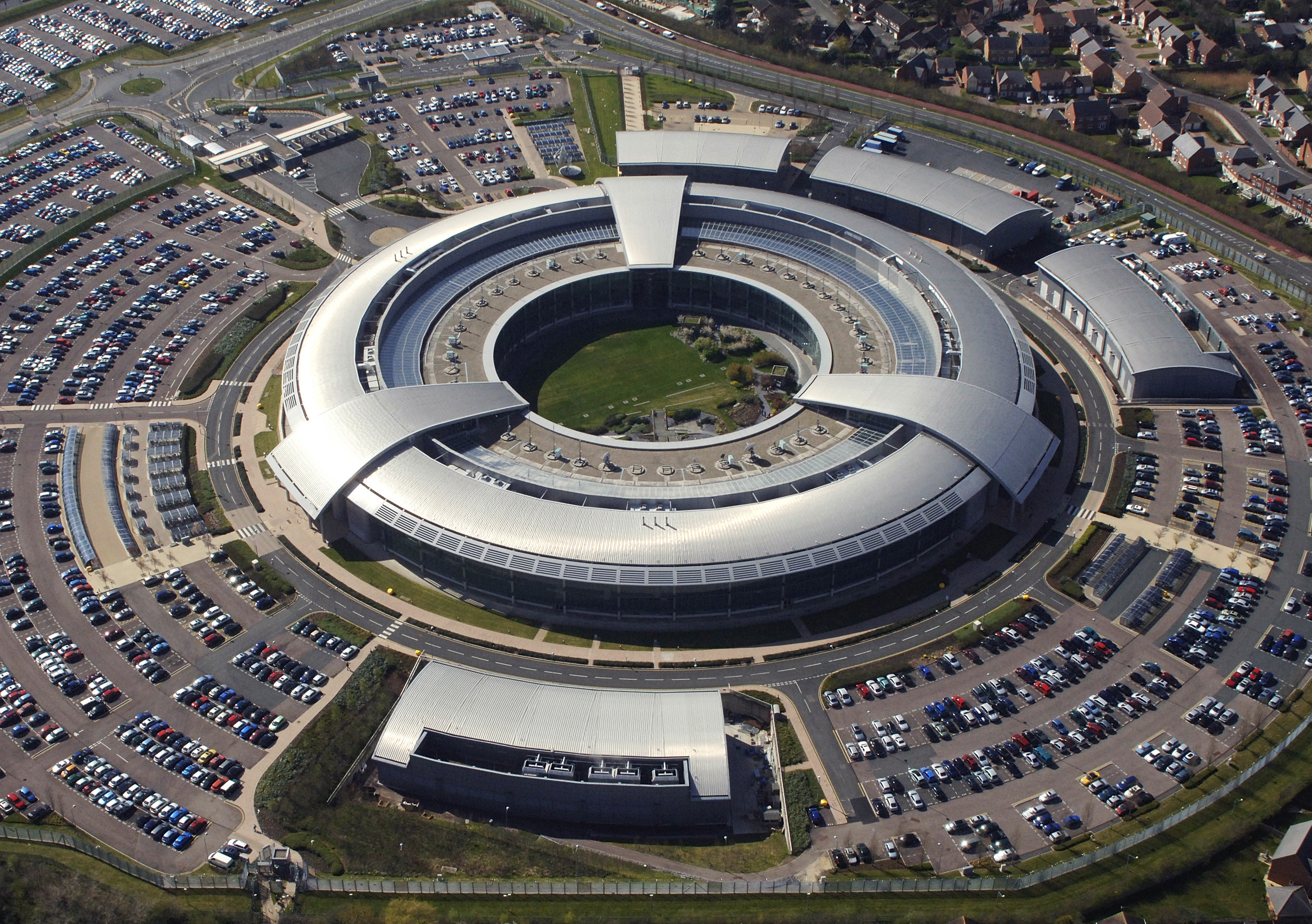UK Court Of Appeal Rules DRIPA Surveillance Unlawful
The UK Court of Appeal ruled what many thought since the beginning: The UK government is breaking the law when it grants public authorities, such as the police or tax collection agencies, the power to access mass surveillance data collected by intelligence agencies.
The ruling also confirmed that the supposed oversight the UK government set-up for the Snoopers' Charter (officially called the Investigatory Powers Act, or IPA) is not sufficient because there is no independent sign-off on giving public authorities access to the data.
DRIPA Ruled Unlawful
IPA, the controversial law that significantly ended-up expanding not just UK’s intelligence agencies’ surveillance powers, but also the surveillance and remote hacking powers of many other UK public authorities, including the police.
These powers would also be used without strong oversight and not just for “serious crimes,” as the Court of Appeal found out. Additionally, the UK government has started including in the “serious crimes” category even crimes that would normally be punished with only a few months in prison, presumably so it can use its mass surveillance capabilities against almost anyone the government suspects of any crime.
However, before IPA passed, the UK Parliament passed a temporary intelligence law called the Data Retention and Investigatory Powers Act (DRIPA), with many of the same issues. The UK courts were unsure whether or not previous rulings on surveillance and data retention issues applied to it, so they sent the case to the Court of Justice of the European Union (CJEU) for review.
Consequences For Snoopers' Charter (IPA)
The CJEU ruled that DRIPA was invalid soon after the UK Parliament had already passed the significantly worse IPA a a month earlier. IPA also passed despite all the issues raised by two different Parliamentary committees before that.
Once the CJEU ruled against DRIPA, it was clear that some of the main data retention and surveillance powers clauses in IPA would also be invalid, as the UK Court of Appeal has just ruled (albeit with a one year delay).
Get Tom's Hardware's best news and in-depth reviews, straight to your inbox.
The UK government acknowledged this and started proposing its own “fixes,” which Liberty, the nonprofit backing the lawsuit against DRIPA, considered inadequate at the time:
It’s encouraging to see the Government acknowledge the need to fix a law that breaches people’s rights – but these plans are a cop-out.The Government has defined the ‘serious crime’ exception absurdly broadly – to include crimes punishable by only a few months in prison. It fails to propose the robust system of independent oversight that is so vital to protect our rights and ignores other critical changes demanded by the court.People in the UK deserve a surveillance law that keeps our country free and democratic – that protects our privacy, our freedom of speech, our right to protest and our free press. This is window dressing for indiscriminate surveillance of the public, when ministers should be getting on with making the law fit for purpose.
Liberty To Fight Snoopers’ Charter In Another Case
Now that the UK Court of Appeal ruled that DRIPA, IPA’s precursor, was unlawful, this drastically increases Liberty’s chances to fight it in court and get the new surveillance law back line with EU’s Charter of Fundamental Rights, too.
Liberty is challenging IPA in a different case, and the nonprofit has recently crowdfunded over £50,000 in just a few days to support this challenge.
Tom Watson, the Member of Parliament (MP) who filed the DRIPA lawsuit against the UK Government, said the following about DRIPA and IPA:
This legislation was flawed from the start. It was rushed through Parliament just before recess without proper parliamentary scrutiny.The Government must now bring forward changes to the Investigatory Powers Act to ensure that hundreds of thousands of people, many of whom are innocent victims or witnesses to crime, are protected by a system of independent approval for access to communications data. I’m proud to have played my part in safeguarding citizen’s fundamental rights.
Lucian Armasu is a Contributing Writer for Tom's Hardware US. He covers software news and the issues surrounding privacy and security.
